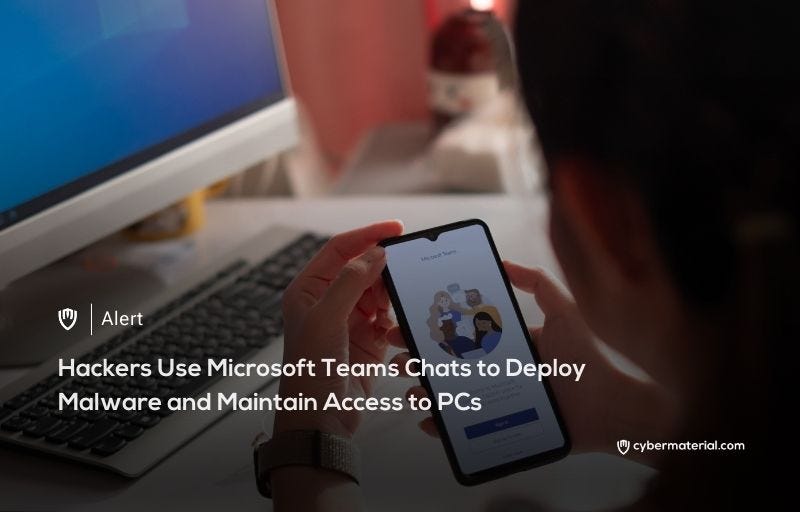
A new cyberattack campaign uses Microsoft Teams chats to deliver malware to Windows PCs. Cybersecurity firm ReliaQuest discovered the attack, which began in March 2025. The Storm-1811 group, linked t…

A new cyberattack campaign uses Microsoft Teams chats to deliver malware to Windows PCs. Cybersecurity firm ReliaQuest discovered the attack, which began in March 2025. The Storm-1811 group, linked t…